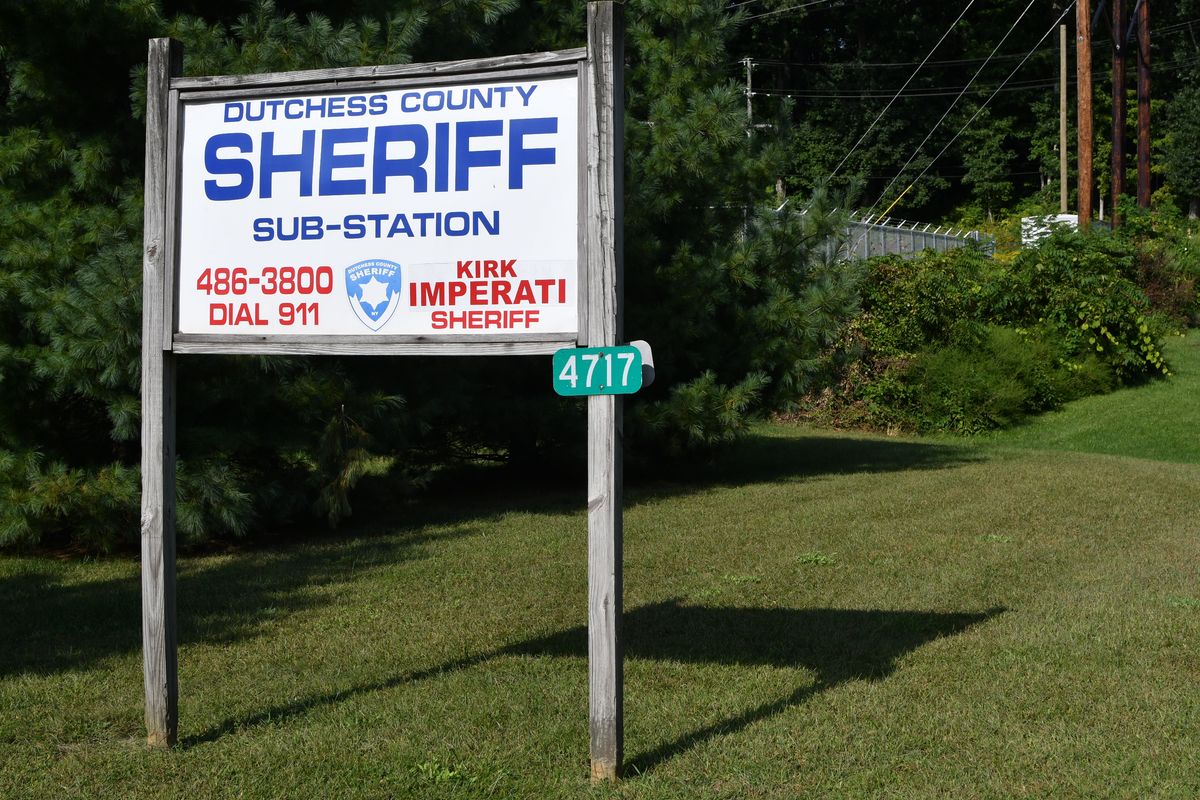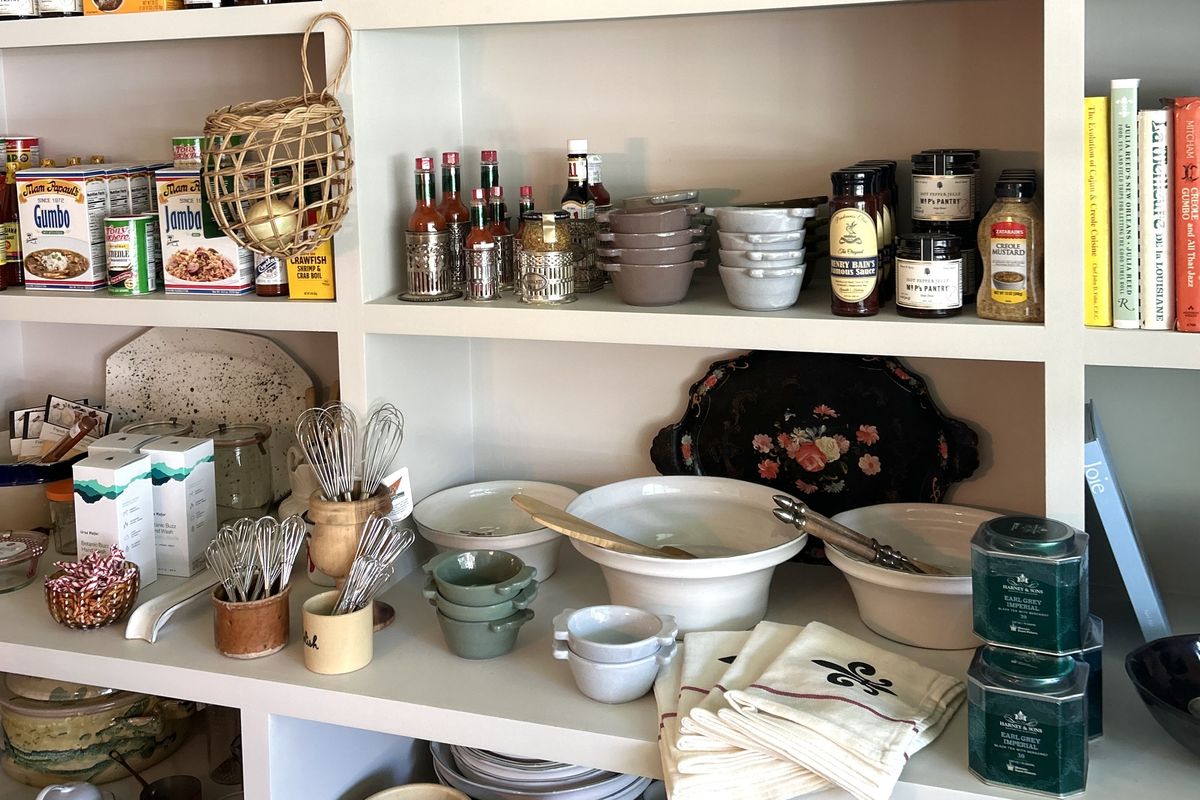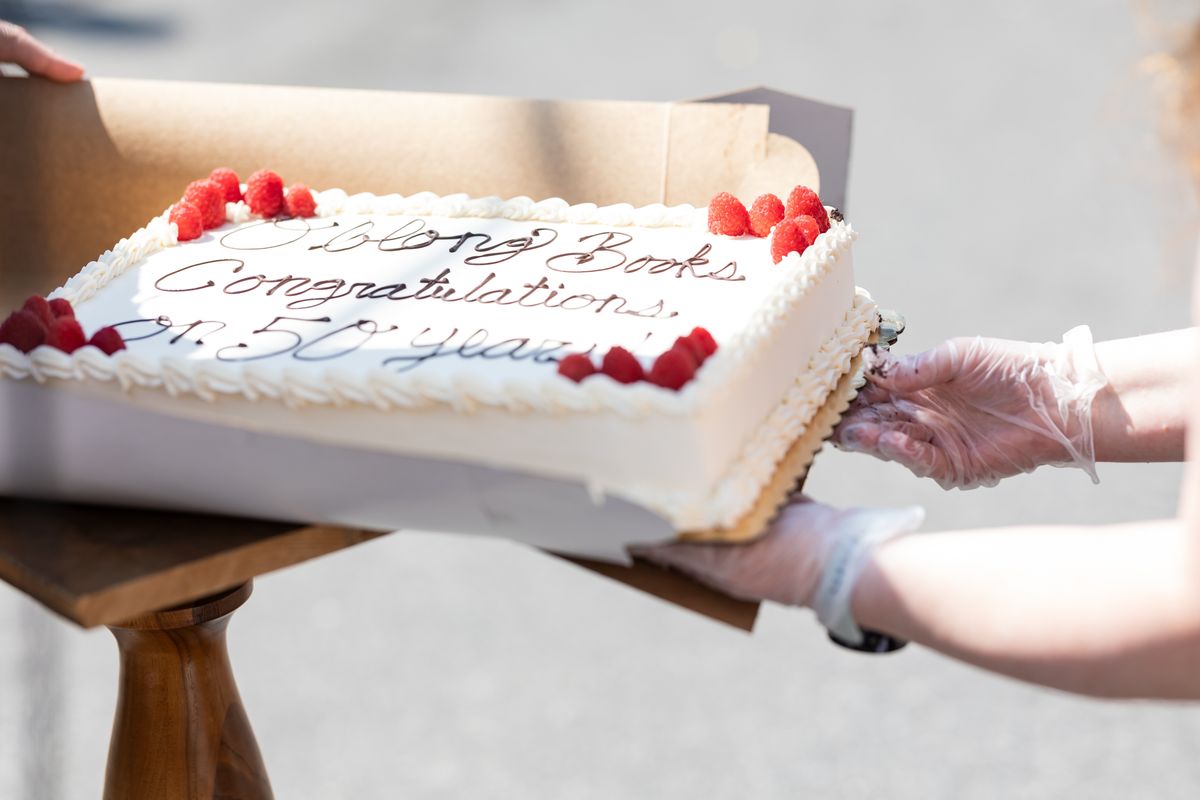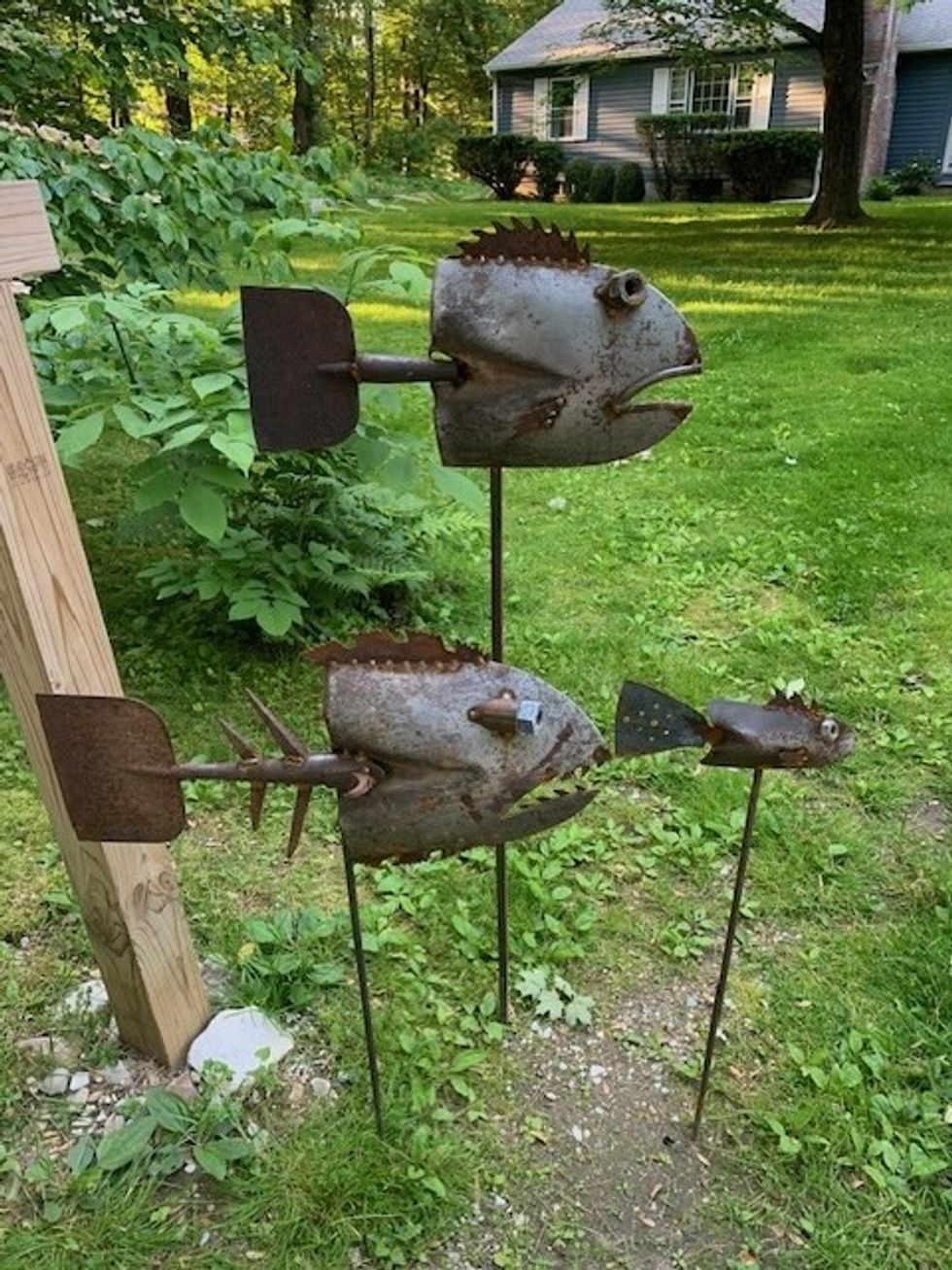From serving God to serving gas: The story of Bishop Broderick in Millbrook

Author James K. Hanna presented on the life of Bishop Bonaventure Broderick for the Millbrook Historical Society on April Thursday, April 20, at the parish hall of St. Joseph-Immaculate Conception Catholic Church.
Photo by Judith O’Hara Balfe








 Sidewalk construction that will extend the town sidewalk to Beekman Park got underway this week along Route 44. On Wednesday, August 20, excavation began. Project Manager Don D. was at the controls of the excavation equipment.Photo by Leila Hawken
Sidewalk construction that will extend the town sidewalk to Beekman Park got underway this week along Route 44. On Wednesday, August 20, excavation began. Project Manager Don D. was at the controls of the excavation equipment.Photo by Leila Hawken

 Matt Wabrek’s metal fishProvided
Matt Wabrek’s metal fishProvided




